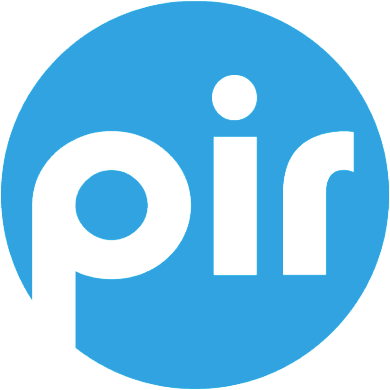By Paul Diaz, Vice President of Policy, Public Interest Registry
On 5-6 March, LACTLD (the Association of Latin American and Caribbean ccTLD operators), in partnership with NIC Mexico (the .MX operator), hosted its second Illegal Content Workshop in Cancun, Mexico. Following the success of the first iteration last October in Bogota, Colombia, this Workshop explored many facets of the Domain Name System (DNS), including organizations that make up the DNS ecosystem and mechanisms to address objectionable content online.
What makes this Workshop series initiative unique is its target audience: judges, prosecutors, and other law enforcement authorities (LEAs) from across the region. Over 30 law enforcers from Argentina, Chile, Costa Rica, Dominican Republic, El Salvador, Guatemala, Honduras, Mexico, and Panama participated in this Workshop. Representatives from other TLD operators, online platform providers, and well-known brands also attended and shared their expertise and experiences.
Public Interest Registry, the .ORG registry operator, was an early supporter of this initiative. We share the desire of the Workshop participants to conduct education and outreach to the broader community, especially when it involves the DNS and public interest missions. In fact, we had planned to present at the session on domain administrator-LEA collaboration and the challenges of online content management, but the unfortunate cancellation of all ICANN @ Cancun in-person meetings precluded our travel.
In any event, one of the key take-aways from this Workshop should have been that due process is critical when addressing objectionable content online. In fact, mitigation works best only if it is seen as fair and following basic principles of due process. These include clearly defined steps to provide notice through the registrar to the registrant (subject to ordinary limits like law enforcement demands) that objectionable content was associated with the domain, an opportunity for the domain holder to be heard, an opportunity to cure or correct any abuses, and the ability to appeal decisions taken.
We’re not suggesting that due process is not regularly observed. In fact, we’ve had excellent experiences working with a range of LEAs. We also adhere to the Anti-Abuse Principles that are at the core of the Framework to Address Abuse—an initiative that PIR helped drive and now includes over 60 leading Registries and Registrars.
That said, we want to reiterate that due process is important in all cases—no matter how commonplace or complicated they may appear. An example will underscore this point. Almost everyone agrees that child sexual abuse material (CSAM) is highly objectionable. In fact, it’s illegal in most jurisdictions. We believe it has no place on .ORG. What many may not appreciate is that under U.S. law, PIR staff cannot directly review alleged CSAM domains. Rather, we need to rely on legally authorized third parties to conduct specific research and then report the abusive material to appropriate authorities. Thus, we cannot “just take down” a CSAM domain because a member of the public, or even a LEA, alerts us to its existence. We need to follow carefully constructed processes. Due process must be applied.

